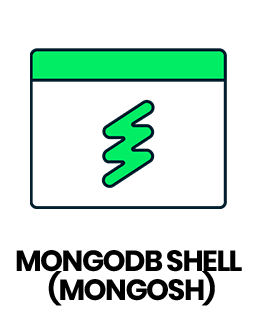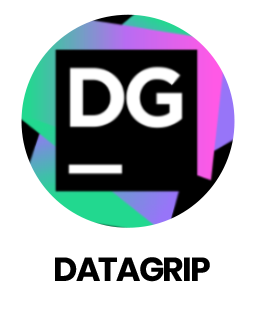- Join the Best MongoDB Training Institute to Master NoSQL Database Skills and Industry Practices.
- Our MongoDB Course Covers Tools and Techniques like Data Modeling, Aggregation, Indexing, Replication.
- Study on Your Schedule with Weekday, Weekend, or Accelerated Batches.
- Gain Hands-on Experience by Working on Real-world MongoDB Scenarios Guided by Experienced Trainers.
- Earn an Industry-Recognized MongoDB Certification With 100% Job Placement Assistance.
- Receive Guidance in Building a Strong Resume and Excelling in Job Interviews.
Join Our 100% Job Guaranteed
MongoDB Training
WANT IT JOB
Become a Project Manager in 3 Months
Freshers Salary
3 LPA
To8 LPA
Quality Training With Affordable Fees!

INR
36,000
INR 16,500

10452+
(Placed)
4762+
(Placed)
7651+
(Placed)
4162+
(Placed)

























 Chennai Location
Chennai Location Bangalore Location
Bangalore Location